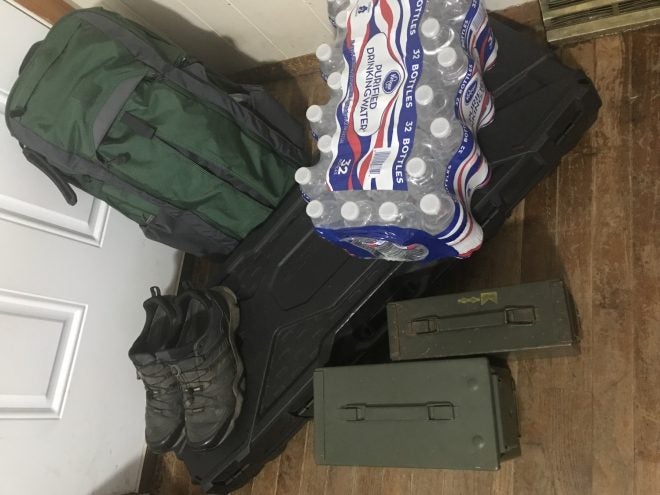After travel, lodging, ammo and course costs, taking a course can be expensive. However, continually learning and moving down your martial path are important for continued growth. To make the most of your courses these quick course tips can help you shorten your learning curve and get the most out of your investment.
Packing List Tips
Most courses have a posted packing list and for those that don’t I highly recommend asking the instructor for a list of necessary equipment. This list will include necessary gear for the course. Often this list also includes required amounts of ammunition. Bringing extra ammunition can give you more opportunities. Also coming with more than the minimum amount of magazines and having them loaded before the course will help save you time for better note taking and better efficiency. Bringing plenty of water and healthy snacks will also help you get the most out of your training experience.
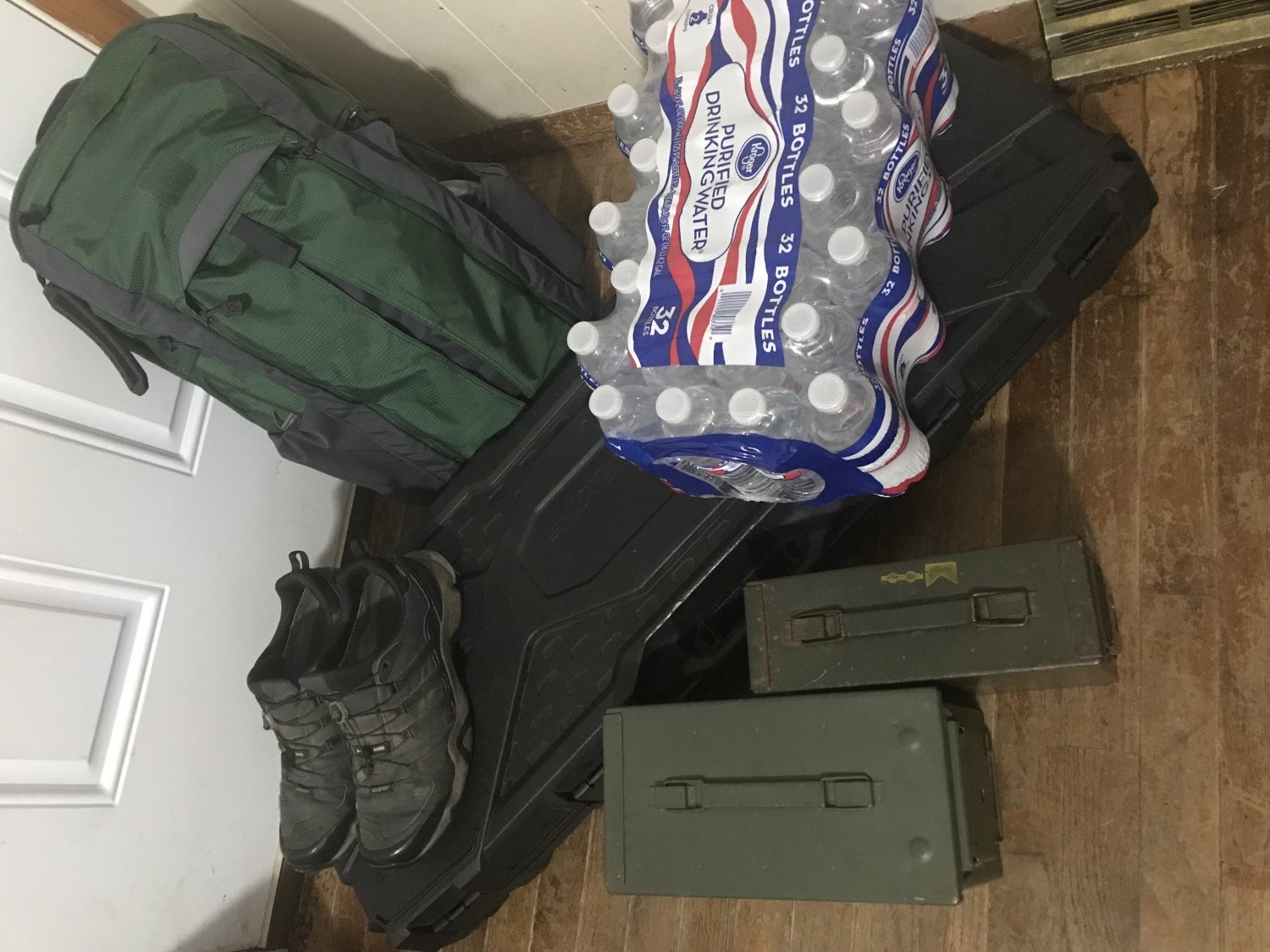
Don’t forget the basics like water, snacks, and batteries when packing for a course.
Batteries
It is also important to bring extra batteries. If I have not recently changed batteries in optics that changing the battery will require you to rezero (such as RMRs on Glocks) I will change the battery before the course.

Due to the need to completely remove the optic to change a battery in an RMR it is definitely a good idea to change old batteries and confirm zero before a course.
Zero Your Firearms
Especially for more advanced courses, coming with zeroed weapons is important. Make sure to bring ammunition that your firearm runs reliably with and performs to the requirements of the course. If this is different than your standard ammunition make sure to zero with the ammunition you will be training with.
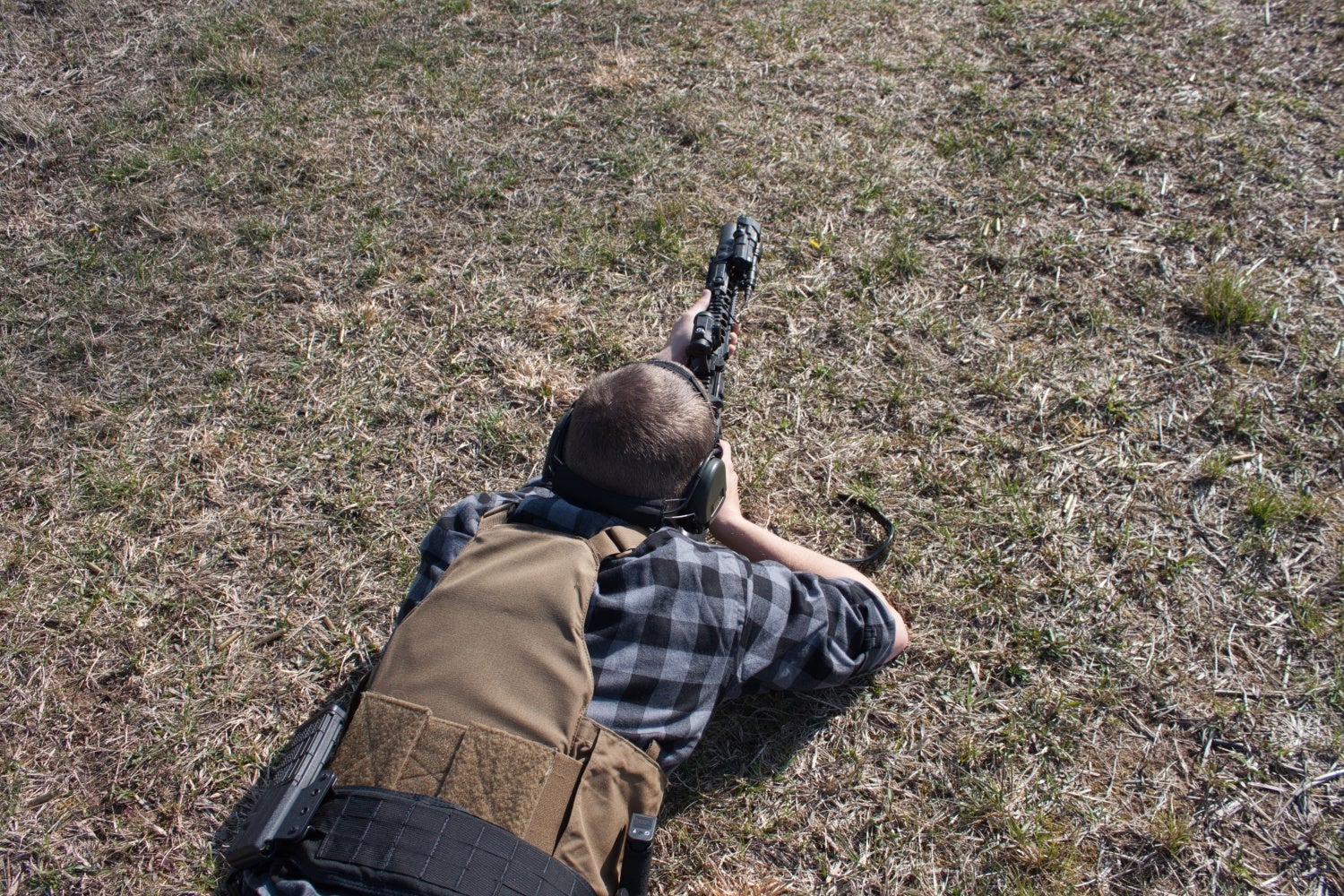
Getting a perfect zero that you confirm at various distances is essential before a course.
Backup Firearms
If you have a backup firearm it is often advised you bring that as well. Some instructors bring backup firearms, but having a backup plan for if your firearm goes down can be extremely helpful.
Testing Gear
While courses are a good time to test gear, I prefer to have used my equipment and have a decent understanding of its effectiveness so I can focus on the material in the course. Having a failure point in your kit can significantly reduce the amount you can learn. Simply testing your gear ahead of time is an easy way to avoid the hassle. Obviously during the course you will learn more about your gear and most likely set things up differently. Definitely make the most of those changes and try them out, but don’t come to a course with all new equipment that you have not tested.
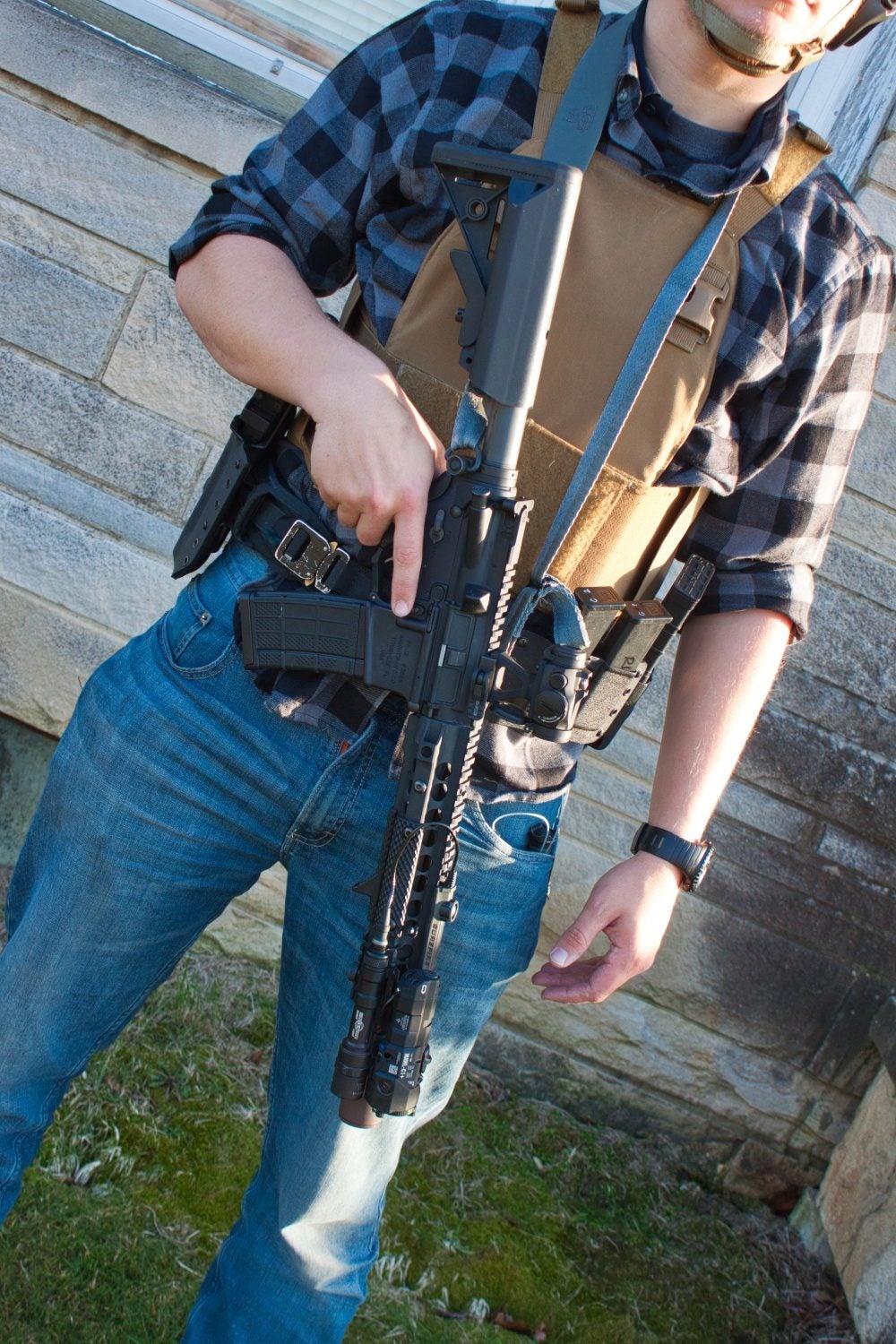
Pieces of kit may work well separately but it is important to test your gear for the course together to make sure it functions as expected.
Conclusion
Hopefully these quick course tips will help you get the most out of your training. If you are not signed up then find some reputable instructors and continue your climb up the ladder of excellence.
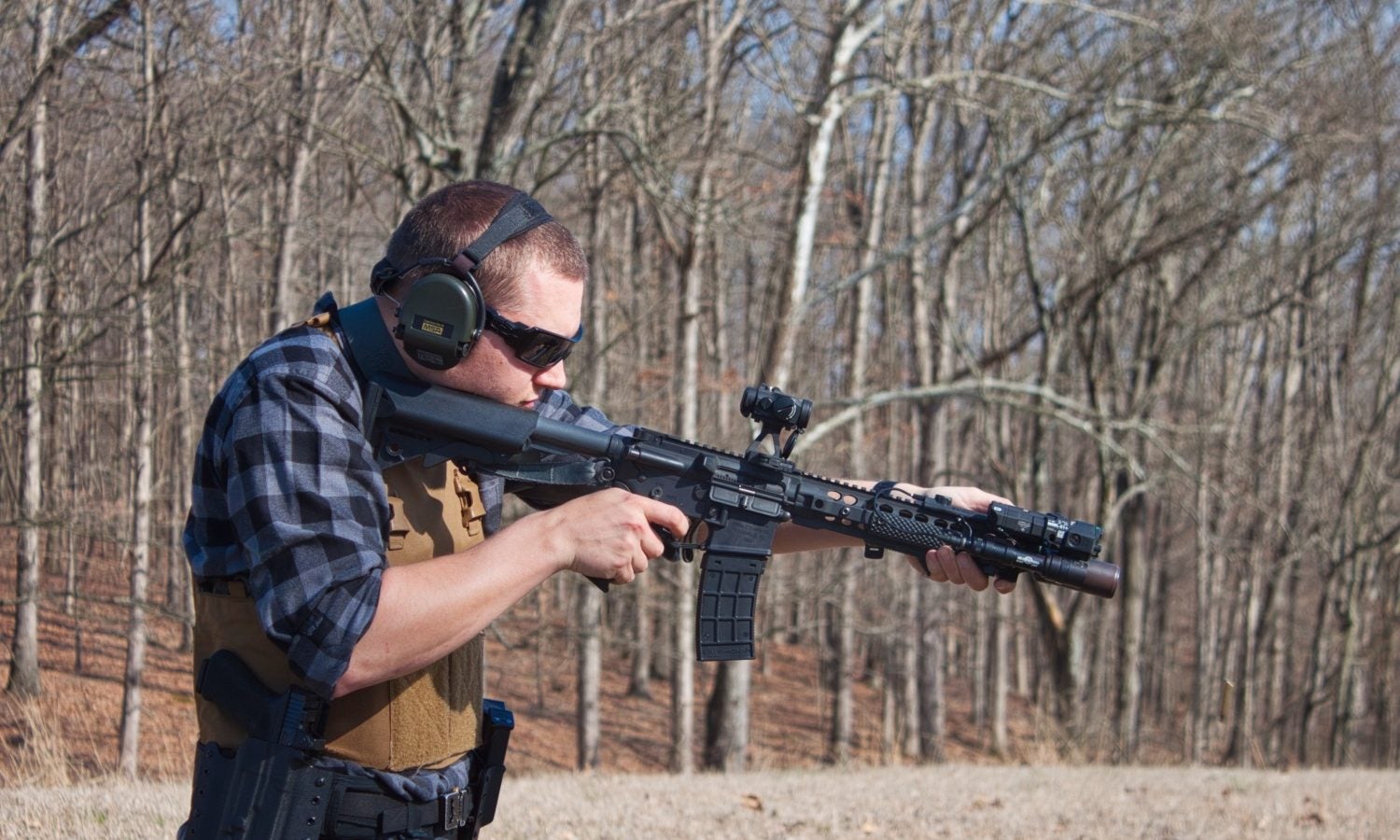
At the end of the course ask your instructor for followup drills and ways to continue improving when you practice.
 Your Privacy Choices
Your Privacy Choices
